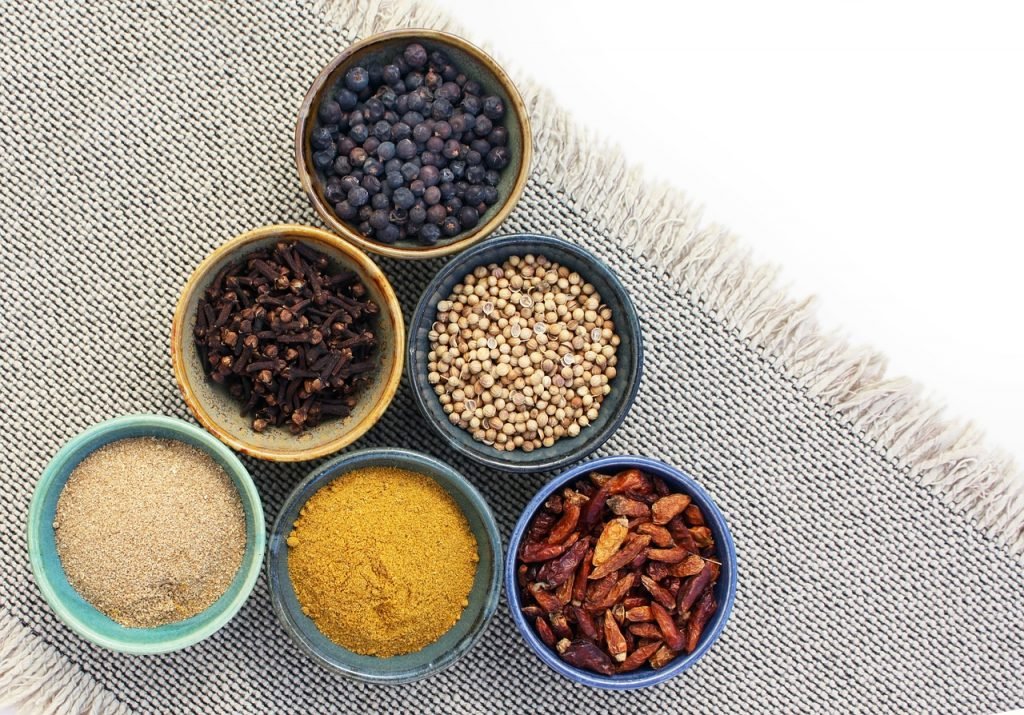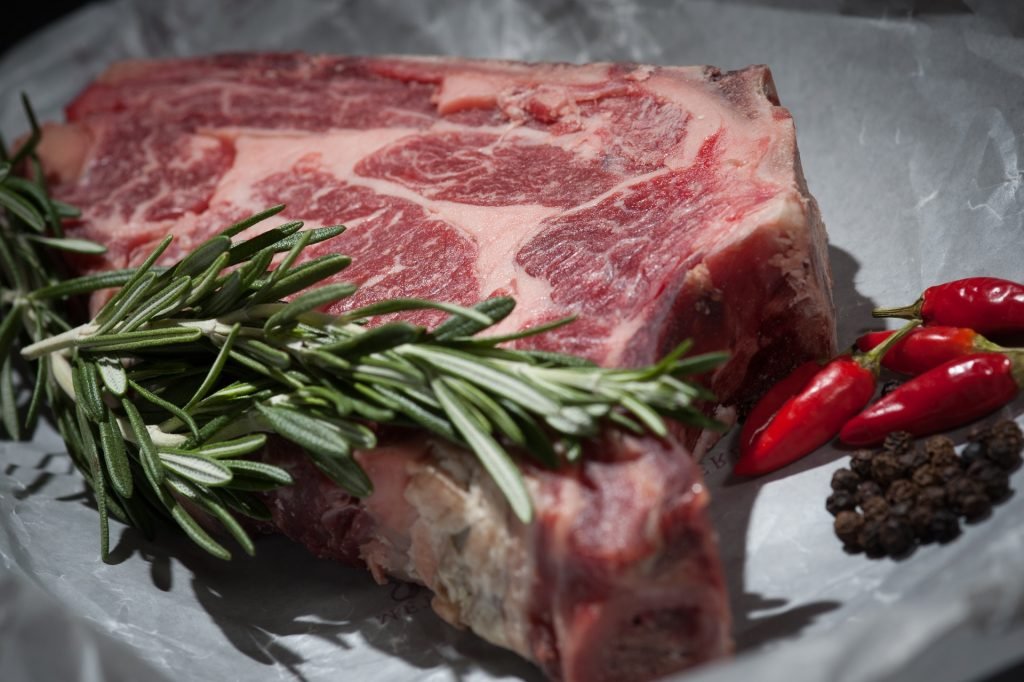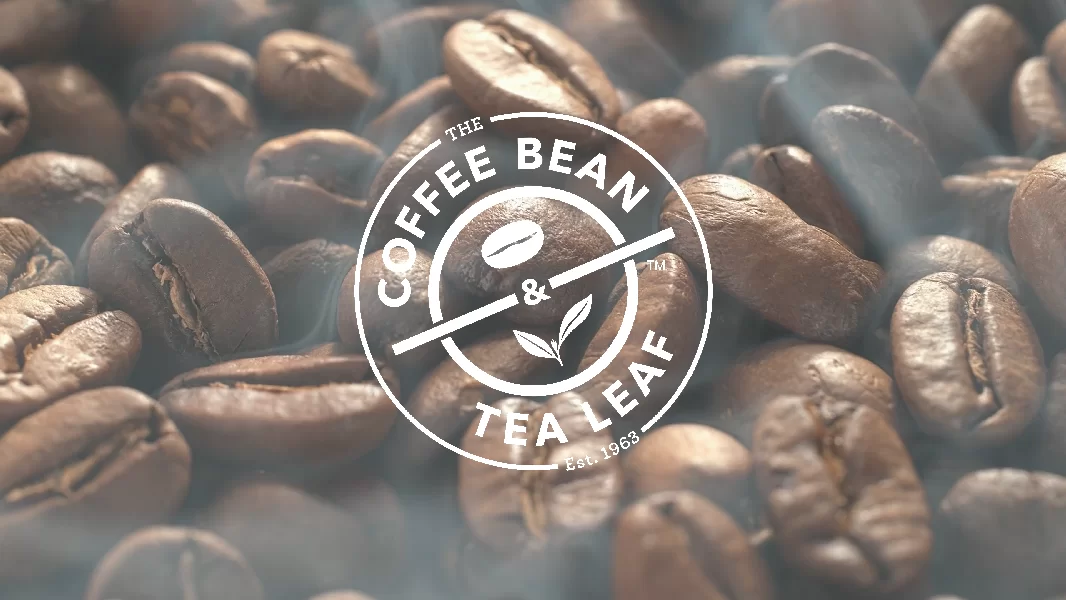
Gastronomy, often viewed as the pinnacle of culinary arts, is an exquisite journey that encompasses the science and art of food. It goes far beyond simple meal preparation and delves into the realm of creating culinary masterpieces that tantalize the taste buds and dazzle the eyes. In this article, we will explore the essentials of gastronomy, guiding you through the path to becoming a master of this captivating culinary world.
Introduction
Defining Gastronomy
At its core, gastronomy is the study of the relationship between culture and food. It involves understanding the science of cooking, the art of presentation, and the exploration of flavors. Gastronomy is a holistic approach to food that seeks to elevate it from sustenance to an art form.
The Importance of Mastering Cooking Essentials
The journey of mastering gastronomy starts with a solid foundation in cooking essentials. Whether you aspire to be a professional chef or simply wish to impress your family and friends with delectable dishes, understanding the basics is crucial.

The Journey to Becoming a Gastronomy Expert
This journey is not only about cooking but also about experiencing and sharing food. It’s a path of continuous learning and evolution, where passion and creativity are your greatest assets.
The Basics of Cooking
Importance of Understanding Ingredients
Before embarking on your gastronomic journey, it’s essential to familiarize yourself with a wide array of ingredients. Each ingredient brings its unique characteristics and flavors to a dish, and mastering them is the first step toward becoming a great cook.
Knife Skills and Their Significance
The kitchen knife is your most vital tool. Understanding knife skills not only ensures safety but also enhances your efficiency and precision in the kitchen.
Heat Control and Cooking Methods
Temperature control is the secret behind perfectly cooked dishes. Learning the various cooking methods and how heat affects food is fundamental to gastronomy.
The Role of Seasonings and Spices
The Art of Seasoning
Seasoning is where the magic of gastronomy begins. The ability to balance salt, pepper, and other seasonings can transform a bland dish into an explosion of flavors.
How Spices Enhance Flavors
Spices add depth and complexity to your dishes. Explore the world of spices from different cultures and experiment with their flavors to create truly unique dishes.
Balancing Flavors in Gastronomy
Balancing flavors is an art. Discover the harmony between sweet, salty, sour, and bitter tastes, and learn how to create a symphony of flavors in your dishes.
Creating Flavor Profiles
Developing Unique Flavor Combinations
Gastronomy is about creating memorable taste experiences. Understand how to pair ingredients to create harmonious and surprising flavor combinations.
The Science Behind Flavor Profiles
Learn about the science of taste perception, including how our taste buds and olfactory senses work together to identify and appreciate different flavors.
Pairing Food and Beverages
Discover the art of pairing food with the right wines, beers, or other beverages to enhance the overall dining experience.

The Art of Presentation
Plating and Aesthetics in Gastronomy
The way a dish looks is as important as how it tastes. Explore the principles of plating and the aesthetics of food presentation.
The Impact of Presentation on the Dining Experience
Discover how the visual appeal of a dish can affect a diner’s perception of its taste and quality.
Creative Garnishes and Decoration
Learn to use creative garnishes and edible decorations to elevate the visual appeal of your dishes.
Exploring International Cuisine
Regional Specialties
Travel the world through your palate by exploring regional specialties from different parts of the globe.
Techniques and Ingredients from Around the World
Embrace the diversity of global cuisine by experimenting with various cooking techniques and exotic ingredients.
Fusion Cuisine and Innovation
Unleash your creativity by blending elements from different culinary traditions to create fusion dishes that surprise and delight.
Gastronomy and Health
Nutritional Considerations in Gastronomy
Understand the importance of nutrition in gastronomy, and how to create dishes that are both delicious and health-conscious.
Preparing Balanced and Wholesome Meals
Learn to strike a balance between indulgence and nutrition, ensuring that your dishes are not only delicious but also good for you.
Dietary Restrictions and Adaptations
Discover how to accommodate dietary restrictions and preferences without compromising flavor and creativity.
Mastering Baking and Pastry
The Precision of Baking
Baking is a science that requires precision and patience. Delve into the world of pastries, bread, and desserts.
The World of Desserts and Pastries
Explore the sweet side of gastronomy and create decadent desserts that leave a lasting impression.
Baking as an Art Form
Baking is not just a skill; it’s an art form. Master the techniques and aesthetics of pastry creation.
The Culinary Arts Industry
Career Opportunities in Gastronomy
Learn about the diverse career opportunities available in the culinary arts, from becoming a chef to exploring food journalism.
Culinary Schools and Education
Consider formal education and culinary schools as a stepping stone in your gastronomic journey.
Becoming a Professional Chef
Discover the challenges and rewards of pursuing a career as a professional chef, and the skills and experiences needed to succeed.
Gastronomy at Home
Tips for Home Cooks
Even as a home cook, you can achieve gastronomic excellence. Explore practical tips to elevate your cooking skills.
Creating Restaurant-Quality Dishes at Home
Learn how to replicate restaurant-quality dishes in your home kitchen, impressing your guests with gourmet meals.
Building Your Gastronomy Library
A gastronomy library, filled with cookbooks and culinary references, is an invaluable resource for your culinary adventures.
The Role of Innovation
Technology and Gastronomy
Stay updated with the latest culinary technologies and how they are shaping the future of gastronomy.
Culinary Trends and Advancements
Explore the current trends and innovations that are influencing the world of food and gastronomy.
The Future of Gastronomy
Consider the exciting possibilities and challenges that the future holds for gastronomy and food culture.
Culinary Tourism
Exploring Gastronomic Destinations
Plan your culinary travels to discover foodie hotspots around the world, from street markets to Michelin-starred restaurants.
Culinary Travel Experiences
Immerse yourself in the local culture through culinary experiences, such as cooking classes, food tours, and wine tastings.
Food as a Cultural Bridge
Explore how food serves as a bridge to understanding and connecting with diverse cultures during your travels.
Gastronomy and Sustainability
Farm-to-Table and Local Sourcing
Learn about sustainable practices, such as sourcing locally and supporting small-scale farmers and producers.
Reducing Food Waste in Gastronomy
Discover strategies to minimize food waste in your kitchen and make the most of every ingredient.
Ethical Considerations in Cooking
Explore ethical dilemmas in gastronomy, such as sustainable seafood choices and ethical treatment of animals.
Sharing the Gastronomic Journey
Starting a Food Blog or Vlog
Share your gastronomic adventures with the world by starting a food blog or vlog, and connect with a community of food enthusiasts.
Social Media’s Impact on Gastronomy
Understand how social media has transformed the food world and how to leverage it to expand your culinary influence.
Building a Food Community
Engage with like-minded food lovers and fellow gastronomes to exchange ideas and experiences.
Conclusion
In conclusion, gastronomy is an enriching journey that combines science, art, and culture. Whether you’re a novice cook or a seasoned chef, there is always room for exploration and growth in the world of gastronomy. The art of cooking is a lifelong pursuit, and as you embark on this culinary adventure, remember that the possibilities are endless.
FAQs about Gastronomy
- What is the difference between gastronomy and cooking? Gastronomy encompasses the science, art, and culture of food, while cooking is the practical act of preparing meals. Gastronomy goes beyond cooking and explores the relationship between food and culture.
- How can I improve my plating and presentation skills in gastronomy? Improving plating and presentation involves practice and attention to detail. Study design principles, experiment with different garnishes, and pay attention to color, texture, and arrangement on the plate.
- Is it necessary to attend a culinary school to master gastronomy? While culinary schools offer valuable training, they are not mandatory. You can master gastronomy through self-study, online resources, and hands-on experience in your own kitchen.
- What are some emerging trends in the world of gastronomy? Emerging trends include sustainability, plant-based cuisine, fusion of global flavors, and the use of technology in food preparation and delivery.
- How can I balance nutrition and flavor in gastronomy? Balancing nutrition and flavor involves choosing high-quality ingredients, using cooking methods that preserve nutrients, and incorporating fresh, seasonal produce into your dishes.
This comprehensive guide should set you on the path to mastering the art of gastronomy. Enjoy your culinary journey, and remember that the world of food is as vast as your imagination allows it to be.





